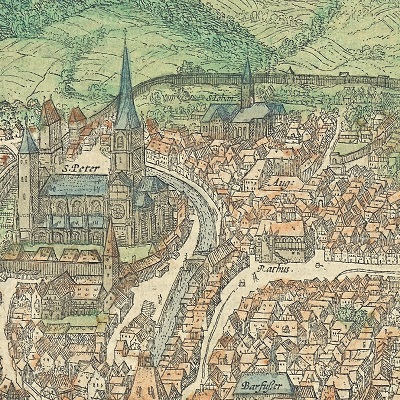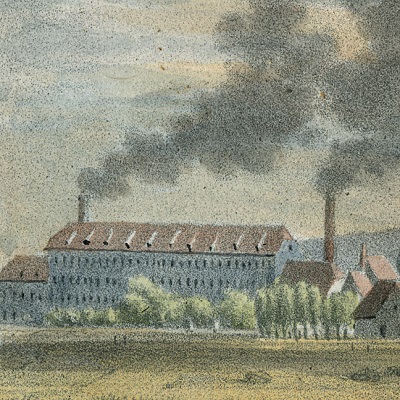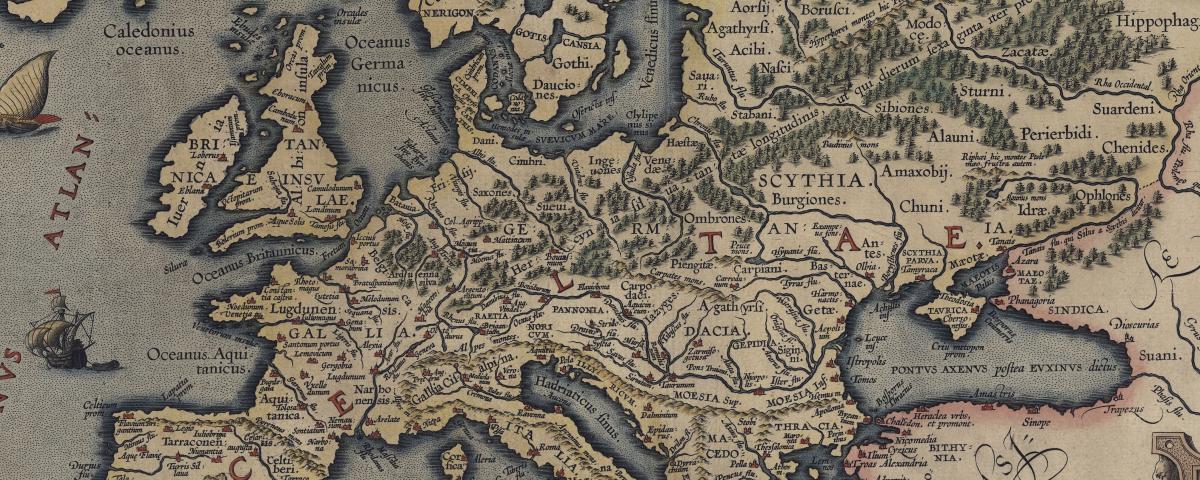

Europe
Strasbourg is now a European capital. This situation is the result of a rich and complex history, which is reflected in the collections of Alsatian libraries. They contain many treasures that bear witness to the peaceful, and sometimes more warlike, exchanges between European powers.
Since the beginning of the rebuilding of Strasbourg collections in 1871, there has been a marked interest in the study of Northern European civilisations, such as Scandinavia and Baltic territories. The projects carried out within the framework of Numistral underline the importance of Nordic studies in Strasbourg, where the university has built up collections that are now a reference in France alongside those held at Sainte-Geneviève library and Caen university libraries.
European history is also marked by wars, including World War I. The BNU (National and University Library) participated in the Europeana Collection 1914 - 1918 project, which brought together more than ten national libraries in order to makewith the aim of making available to the public thousands of documents relating to the Great War: soldiers' memoirs, historians' accounts, written press, trench newspapers, photographs and maps
Europe is also a geographical space that can sometimes be difficult to grasp. While its western border is well defined, its eastern border is more fluid, depending on political, economic or cultural interests. It has proved necessary to map this vast area, which stretches from the ocean to the Urals, with the partial digitisation of the cartographic holdings of Alsatian libraries. This questioning of the margins of Europe is also present in the literary collections held in the libraries, with projects focusing on centralmedieval Europe and the borders limits of the continent.
the collections
-
Image
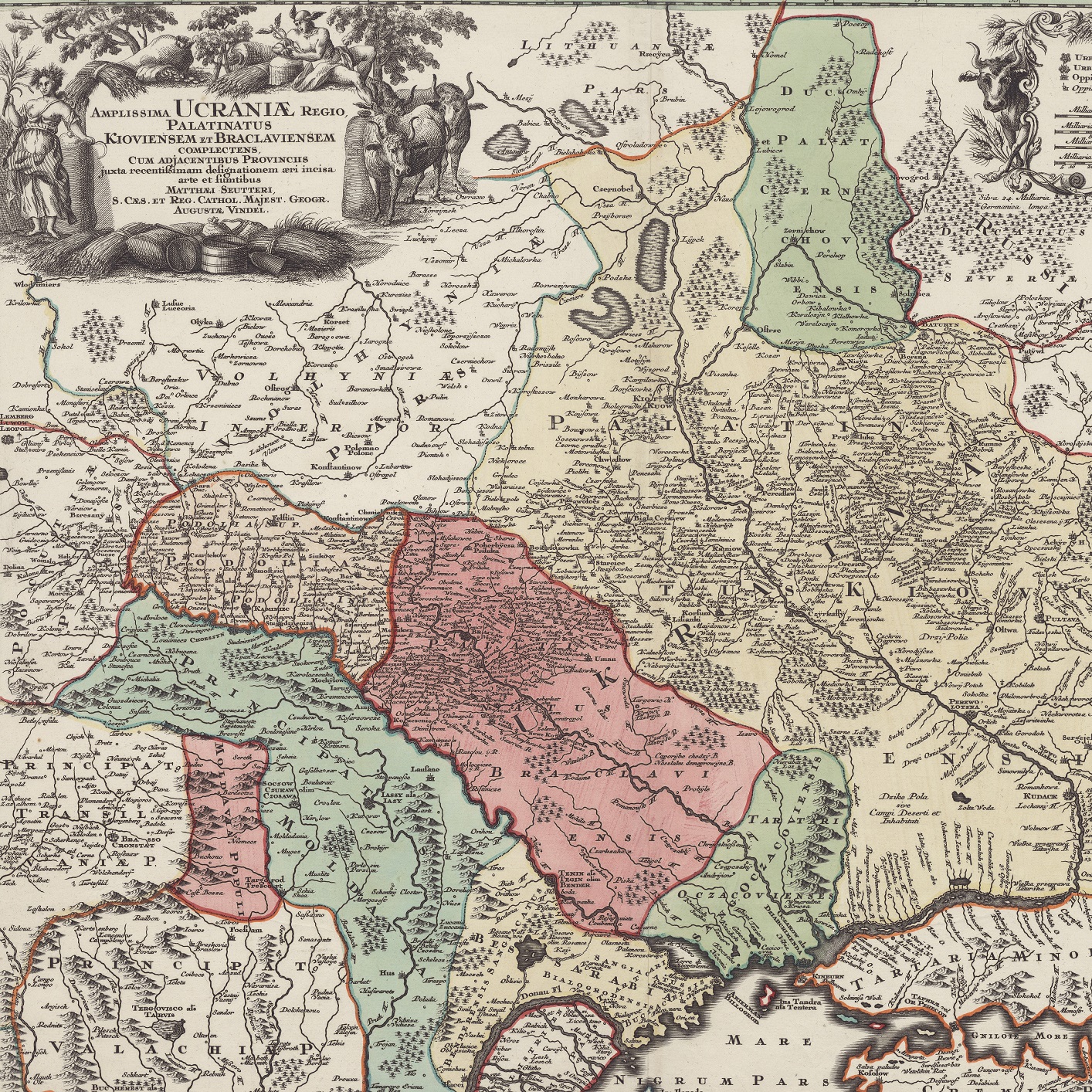
Cartes d'Ukraine
-
Image
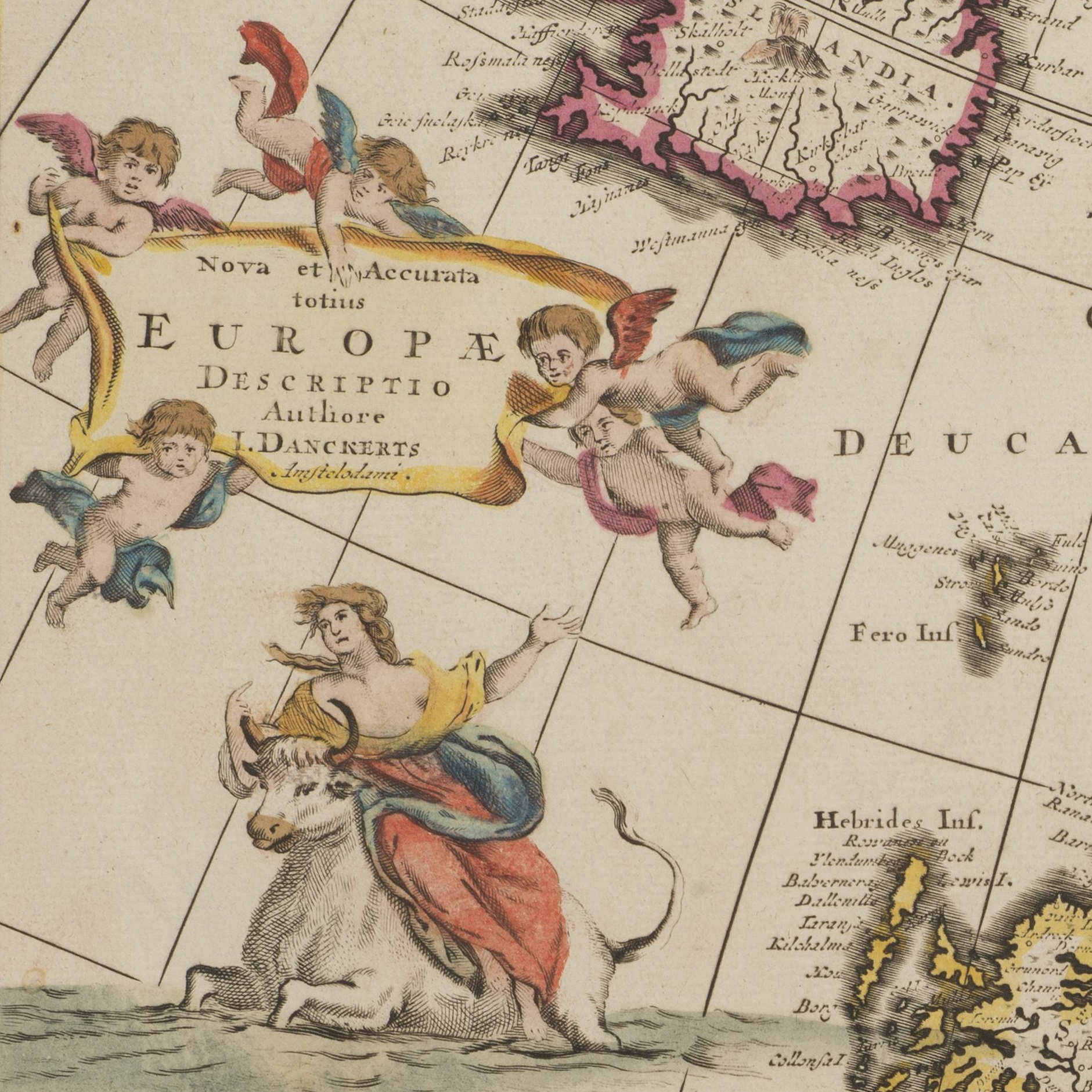
Affiches européennes
-
Image
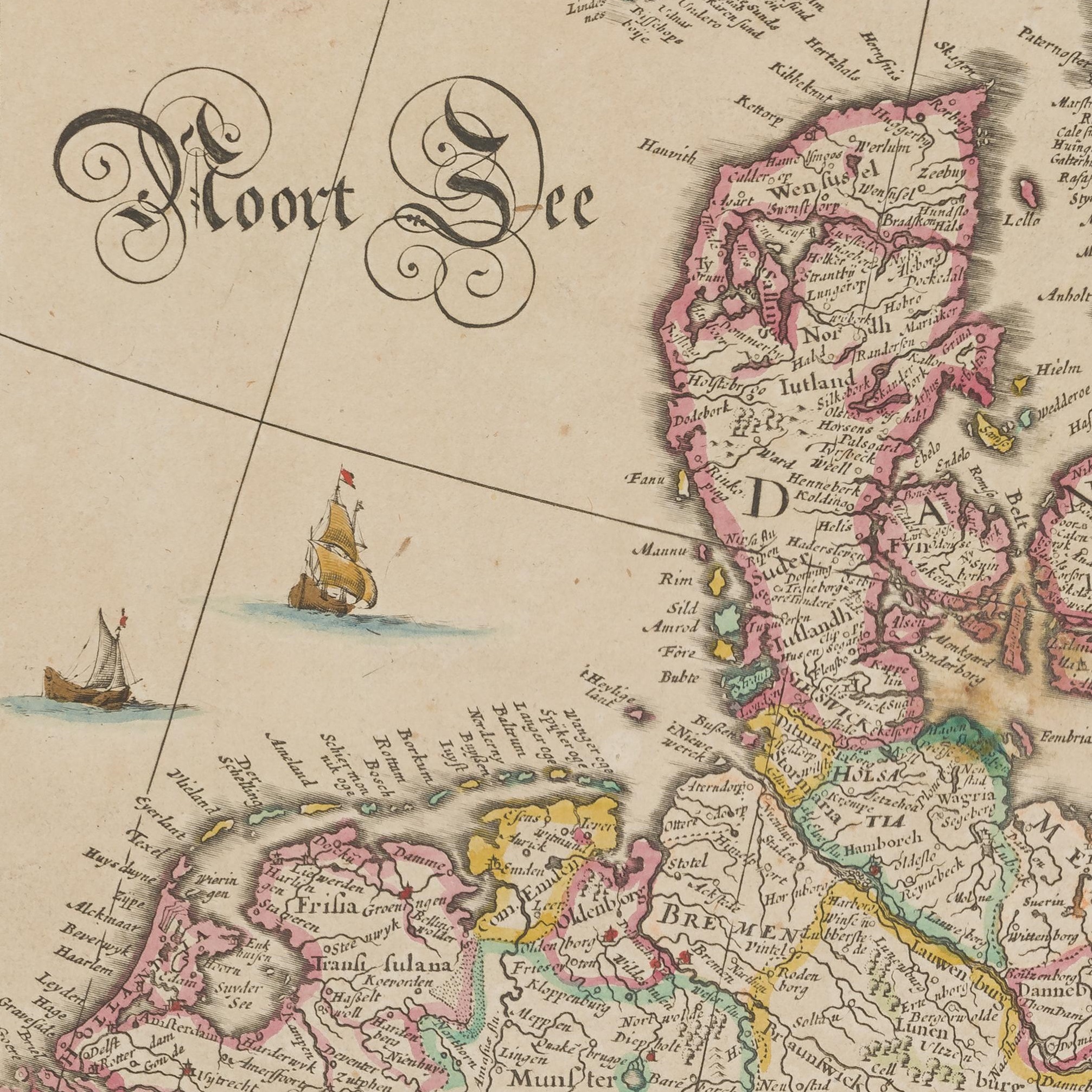
Cartes scandinaves
-
Image
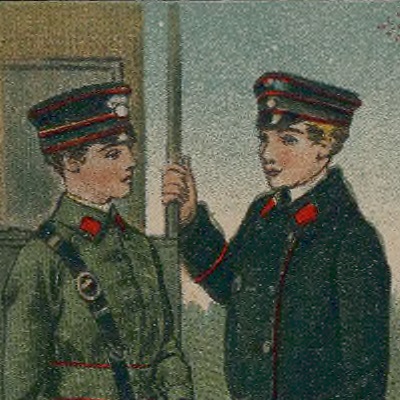
Première Guerre mondiale
-
Image
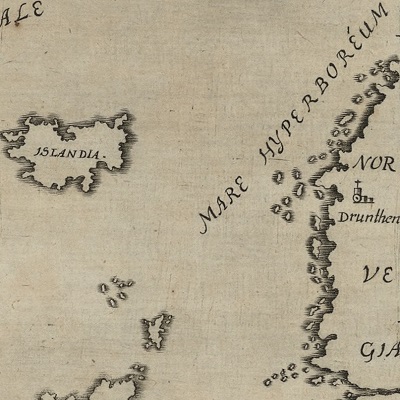
Ouvrages scandinaves
-
Image
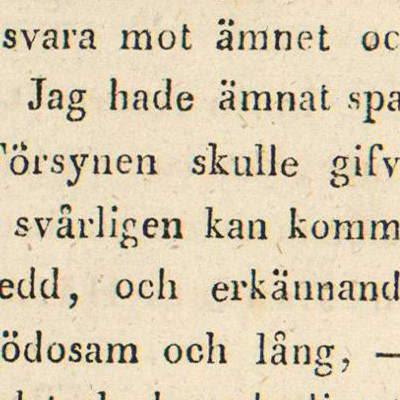
Histoire et civilisations nordiques
-
Image
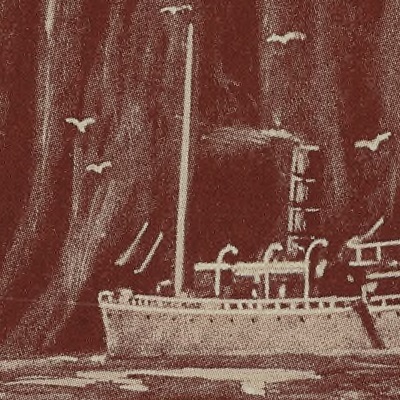
L'Europe et ses marges
-
Image
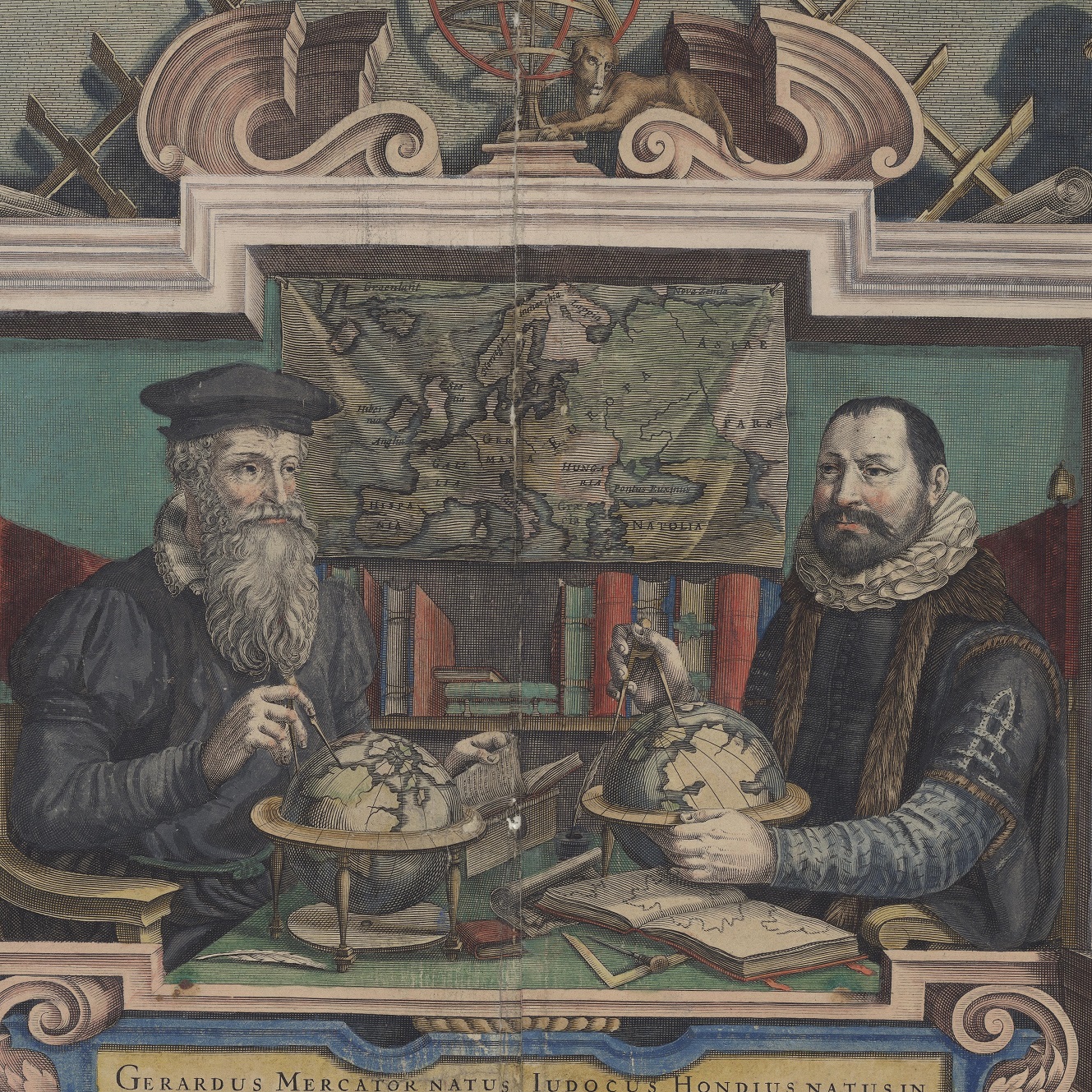
Cartes d'Europe et du Rhin supérieur


